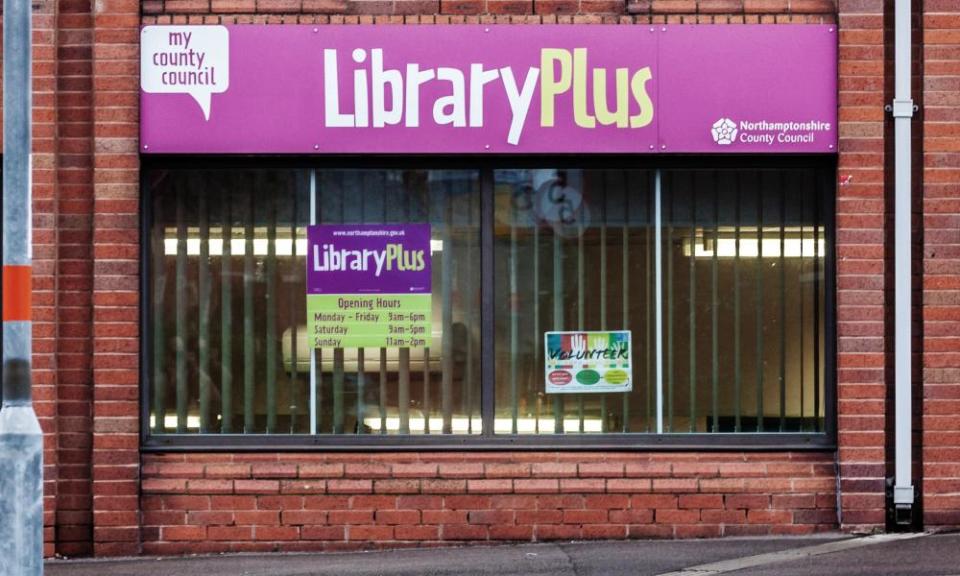Local government in England ‘hollowed out’ under Conservatives

Poorer areas have been hit disproportionally by a combination of cuts to neighbourhood services such as parks, libraries, refuse collection and children’s centres that have left English councils “hollowed out” since 2010, a major report into local government has concluded.
The study by the Institute for Government thinktank found that while some councils coped better than others, and reduced spending did not necessarily mean worse results, a lack of information made it difficult to learn lessons.
There are currently performance indicators for only about a third of local government spending, the report said, with better data needed if ministers wanted to implement their stated plan to level up different areas of the country.
Based on analysis of spending and outcomes, as well as anonymous interviews with council chief executives and chief finance officers, the report highlighted a series of sometimes unintended consequences from the severe cuts that began with austerity policies in 2010.
The combination of reduced central grants and growing expenditure on mandatory adult and child social care obligations meant a significant fall in basic services.
All English local authorities had reduced spending on such provision since 2010, the report found, but the extent of this varied from a 5% cut in East Sussex to 69% in Barking and Dagenham.
The impact was often felt in more deprived areas, which saw a disproportionate number of library closures and reductions in local bus routes.
This was, the report said, because the way grants were changed over the past decade did not take proper account of how poorer areas were more dependent on central government help.
But the report, Neighbourhood Services Under Strain, noted that there was no noticeable correlation between the reduction in spending and worse performance, with some councils more successfully managing efficiencies or being able to raise revenues from other sources.
It was, however, difficult to learn lessons due to a lack of information. Despite ministerial pledges to provide more data as part of levelling up efforts, “there are still big gaps in what the government knows about local service performance”, said Graham Atkins, the report’s author.
He said: “If the government truly wants to understand how and why performance varies, it will have to collect new, comparable local data on the quality and accessibility of services.”
A key change to the provision of council services since 2010, the report found, has been a focus on providing statutory services, not just in social care but areas such as waste collection, homelessness, and bus passes, with often inadvertent knock-on effects.
One example cited was a prioritisation of acute child services at the expense of those such as children’s centres, even though this could cost more money in the long term if the lack of early support created more demand for statutory services later on.
Economies on waste disposal and recycling have meant that while less rubbish was now sent to landfill, it was simply more likely to be incinerated, with the proportion being recycled barely rising since 2010.
An example cited in the report about the difficulty of comparing local authority services was the impact on libraries. A third of all libraries have closed amid a 44% reduction in spending since 2010.
There is, however, little relationship between spending and closures, because many cost savings come through means such as fewer staff and reduced opening hours. The effect has been a 52% reduction in the number of library visits per person between 2009/10 and 2019/20.
“The overall picture is of smaller local authorities, doing less than they did in 2010,” the report found. “Local government in England has been hollowed out since 2010.”
A spokesperson for the Department for Levelling Up, Housing and Communities, said councils would get “the resources they need to maintain and improve their services”, with an extra £3.7bn available for 2022/23, among which was £822m for councils to spend as they wanted.
They added: “Our flagship levelling up white paper sets out a clear blueprint on how we will reduce regional inequalities – this includes transforming our approach to data and evaluation to improve local decision-making.”

 Yahoo News
Yahoo News 